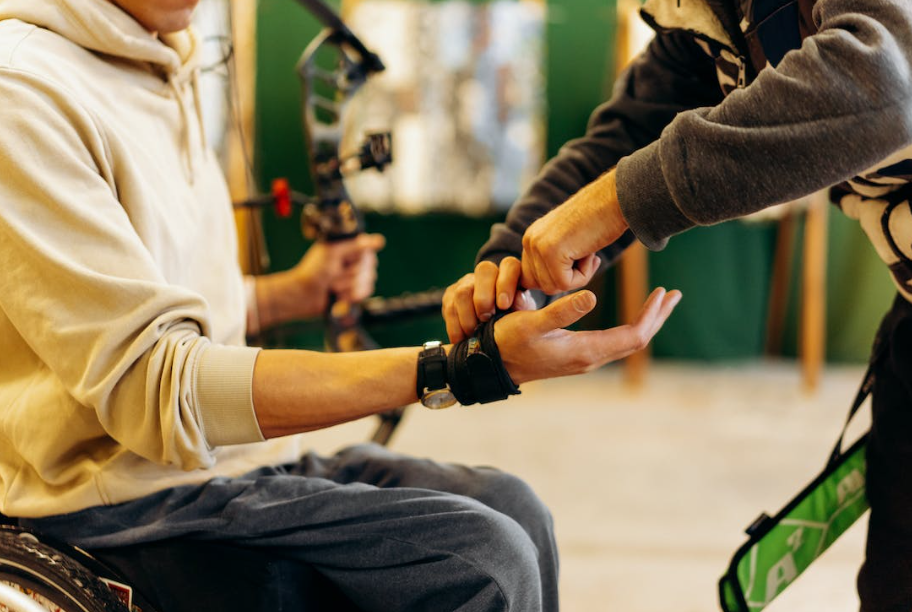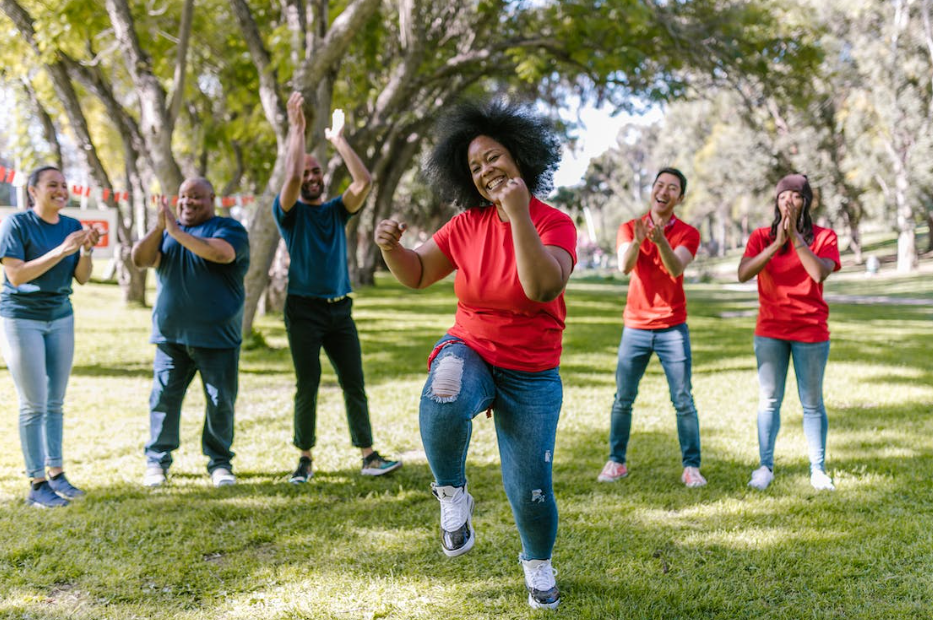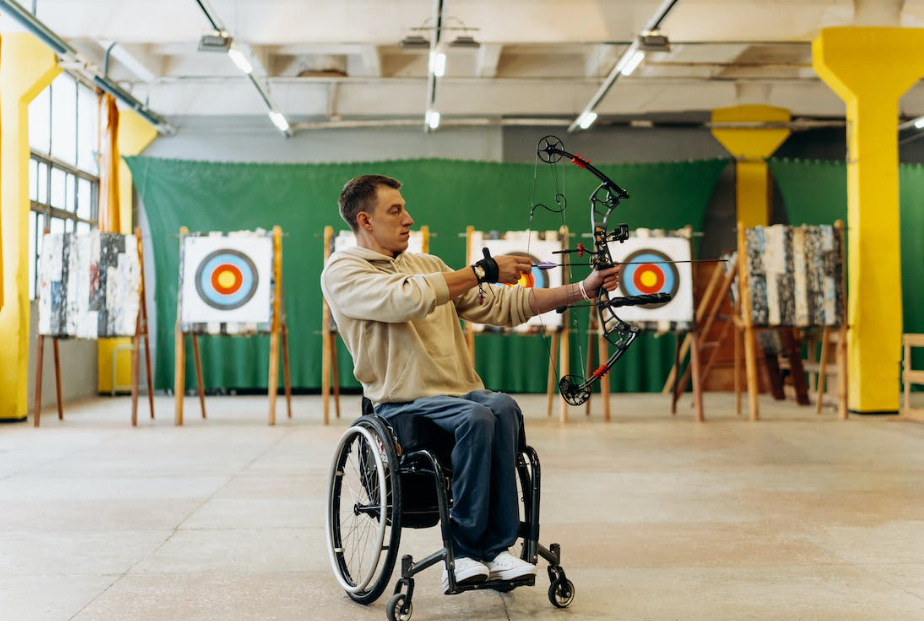Confidence Vs Competence
Learn how to build confidence and competence.

Selfpause Affirmation App
Download the app to get 1,000’s of affirmation meditations and everything you need to write, record and listen to your own.
Those who have high confidence levels tend to be successful in life. This is due to the fact that they possess a lot of self-esteem and they are good leaders. On the other hand, those who lack confidence often do not perform as well as they could. Therefore, it is important to understand how to develop confidence and competence.
Self-esteem

Several studies have attempted to determine whether self-esteem or competence has a greater impact on a person’s life. These studies have produced mixed results. Some have suggested that both aspects are equally important. Others have shown that there is a relationship between self-esteem and morality.
Generally, a person with high self-esteem is self-actualizing. They strive for excellence, accept limitations, and are persistent in their pursuit of their goals. They are generally dependable, forgiving, and genuine. They are able to recognize their mistakes and are willing to apologize. They are also resilient and enjoy frequent positive emotions.
Some people may have low self-esteem, which leads to feelings of inferiority, anxiety, and unhappiness. They may also have feelings of superiority, and may even be intellectually or financially superior. They may also exhibit symptoms of clinical depression or substance abuse.
A more recent study examined the relationship between self-esteem and the perceived importance of competence/morality. They measured how quickly participants identified the most important information from an assortment of stimuli. The findings suggested a contingency approach to understanding self-esteem. The most important information is not necessarily the most obvious.
Studies have also shown that there is a relationship between self-esteem, overall self-efficacy, and motivation. Overall self-efficacy is the assessment of a person’s general feelings of competence across various tasks. The ability to identify the most important information and to use this information to select an effective approach for a specific task is an indication of self-efficacy.
There are several factors that influence self-esteem, including age, education, and socio-demographic variables. Generally, the importance of self-esteem increases as people get older.
Self-confidence is also important, as it is the person’s belief in their own ability to perform a task. It also allows them to select an effective approach to accomplish a task in a challenging situation.
Overwhelm

Getting into a new role can feel like one of the most important days of your life, especially if you are one of those types that likes to be an expert. The best way to acclimatize to your newfound role is to get out and about as much as possible. By getting out and about you’ll be able to learn new tricks of the trade and make new friends along the way.
Overwhelming confidence is not a good look. One stumbling block is that overconfidence is akin to arrogance and can actually be debilitating, especially if you don’t have the best possible support system in place. The best way to deal with this is to proactively solicit support from the people that matter. You’ll likely find that these people have been in your shoes at some point or other. The best way to do this is to share your experiences and listen to theirs, which can be a powerful ally. Using the right tools and techniques, you can be on your way to acclimatization and success in no time at all.
Confidence is a function of competence. The best way to do this is to actively seek out opportunities to expand your knowledge base, whether by learning from others, participating in relevant curricular activities or by getting out and about as much as possible. If you’re lucky, you’ll find that there are a lot of people in your life that share your interests and a common goal, making for a fun and rewarding environment. You’ll also find that a healthy work-life balance can actually make you healthier. This is true in part due to the benefits of socializing, but it’s also a good idea to make sure that your kids are learning healthy habits at an early age.
Dunning-Kruger effect

Basically, the Dunning-Kruger effect of confidence vs competence is a cognitive bias wherein people with limited competence overestimate their knowledge compared to other people. This phenomenon occurs because people with limited knowledge cannot evaluate their own mistakes or analyze how much they know.
The Dunning-Kruger effect is a common cause of misplaced confidence, and it’s not limited to people who lack experience. It can also affect more experienced people who have a solid knowledge base.
Some psychologists believe that this cognitive bias may result from a problem with metacognitive skills, or the ability to recognize and understand limitations. The Dunning-Kruger effect may also result from a lack of incentives for self-improvement, or a lack of practical experience.
The Dunning-Kruger experiment was performed on students at Cornell University in the 1990s. The students were asked to grade their own performance on a grammar test, and were also graded by an objective third party.
When they were tested again, students who rated themselves as bottom scorers had inflated scores. The researchers then followed up with these students to see if their scores had actually changed. They found that these students continued to overestimate their abilities.
The authors of the study also noted that physicians with low competency levels tended to overrate their own performance. These physicians were also more likely to reject feedback. The authors believe this may be due to the fact that physicians who are low in competency tend to fear that others will judge them as fraudulent.
Dunning and Kruger suggest that overestimation of competence is a problem that can be mitigated through education and training. These methods can also help people recognize areas where they may need to improve.
Leadership skills

Getting the most out of your leadership skills is important. In addition to developing personal confidence, you must understand where you and your team stand on the leadership spectrum. This will help you to understand what you need to improve and learn more about yourself.
The best way to get started is to identify your leadership strengths and weaknesses. Once you’ve found out what you’re lacking, you can start working on your strengths. For example, you may want to improve your communication skills. The right communication tools will help you to translate your vision into actionable directions.
The next logical step is to set goals. Setting SMART goals will help you to focus on achieving your goals. If you set goals that are specific, realistic and measurable, you’ll be well on your way to leadership success.
A good listener will help you to foster open communication and prompt conflict resolution. Good listening skills will also help your entire team work together to accomplish a common goal.
For instance, you’ll be able to better understand your team’s capabilities and weaknesses. This will help you to focus your time and energy on the most important tasks.
The best leaders are those that have the confidence to lead, the knowledge to guide their team and the courage to take risks. These leaders are the ones that make their mark on the organization.
The most important leadership skill is not just figuring out what the problem is. The best leaders use creative thinking to find solutions. This can be achieved by mixing and matching practical experience with the knowledge of your job.
The best leaders also know how to connect with others. This can be achieved by communicating their vision, building rapport with others and fostering delegation of tasks.
Perceptions of competence

Having high self-efficacy is associated with high intrinsic motivation and willingness to engage in action. In order to improve students’ perceptions of competence, it is important to assess the student’s confidence level.
This study explored the relationship between confidence and competence in clinical settings. Students were assessed using two psychometric tools. The first was a Physical Self-Perception Profile (PSPP)-Revised (PSPP-R) which measures perceived competence in physical self-domains. The second was a knowledge test on advanced cardiac knowledge.
The results showed that students who were more confident about their clinical experience were more likely to select rural placements. Students who reported feeling more confident about their clinical experience also reported higher satisfaction with their clinical experience.
The study also showed that perceptions of competence and confidence in the evaluation of interns were not related to the number of years of supervisory experience. In addition, participants who were more confident in their ability to supervise incompetent interns reported higher self-perceived effectiveness in providing supervision.
The study also examined the influence of gender biases on perceptions of competence. It found that women’s confidence was halved over the past two years, whereas men’s confidence was not significantly different.
It is important to assess the student’s confidence and competence level before evaluating their performance in a clinical setting. It is also important to assess their performance after completing a clinical training experience. A number of studies have found that confidence and competence increase after training, but some have not investigated whether these improvements were actually related to the students’ performance.
This study examined the effect of a blended learning module on student perceptions of competence. The results showed that students who completed the blended learning module scored significantly higher than students who followed the standard module.
Our Top FAQ's
Confidence and competence are often related, but they are not the same thing. Confidence refers to a person’s belief in their own abilities, while competence refers to a person’s actual abilities or skills. Confidence can come from a variety of sources, such as past successes, encouragement from others, or a sense of self-worth, while competence is typically developed through education, training, and practice.
Yes, it is possible for someone to be confident but not competent, or competent but not confident. For example, someone might be confident in their ability to play a musical instrument, but not actually have the necessary skills or knowledge to do so. On the other hand, someone might be very competent in a certain area, but not feel confident in their abilities due to various personal or external factors.
There are several ways to increase confidence in a specific area or skill:
- Practice and repetition can help build confidence through the development of competence.
- Seeking feedback and support from others, such as mentors or coaches, can help boost confidence by providing encouragement and guidance.
- Setting achievable goals and working towards them can help increase confidence by providing a sense of progress and accomplishment.
- Engaging in activities that promote self-worth and self-care, such as exercise or meditation, can also help increase overall confidence.
To increase competence in a specific area or skill, some strategies that can be helpful include:
- Seeking education and training, such as through classes, workshops, or online resources.
- Practicing and applying what has been learned through real-world experiences or exercises.
- Seeking feedback and guidance from experts or mentors in the field.
- Engaging in continuous learning and staying up-to-date with developments in the area of interest.
Confidence and competence can both have a significant impact on a person’s performance and success in various situations. Confidence can help a person feel more motivated and energized, leading to improved performance. Competence, on the other hand, is often necessary for successful performance, as it reflects a person’s actual abilities and skills. Both confidence and competence can also affect how others perceive and interact with a person, which can in turn influence opportunities and outcomes.
